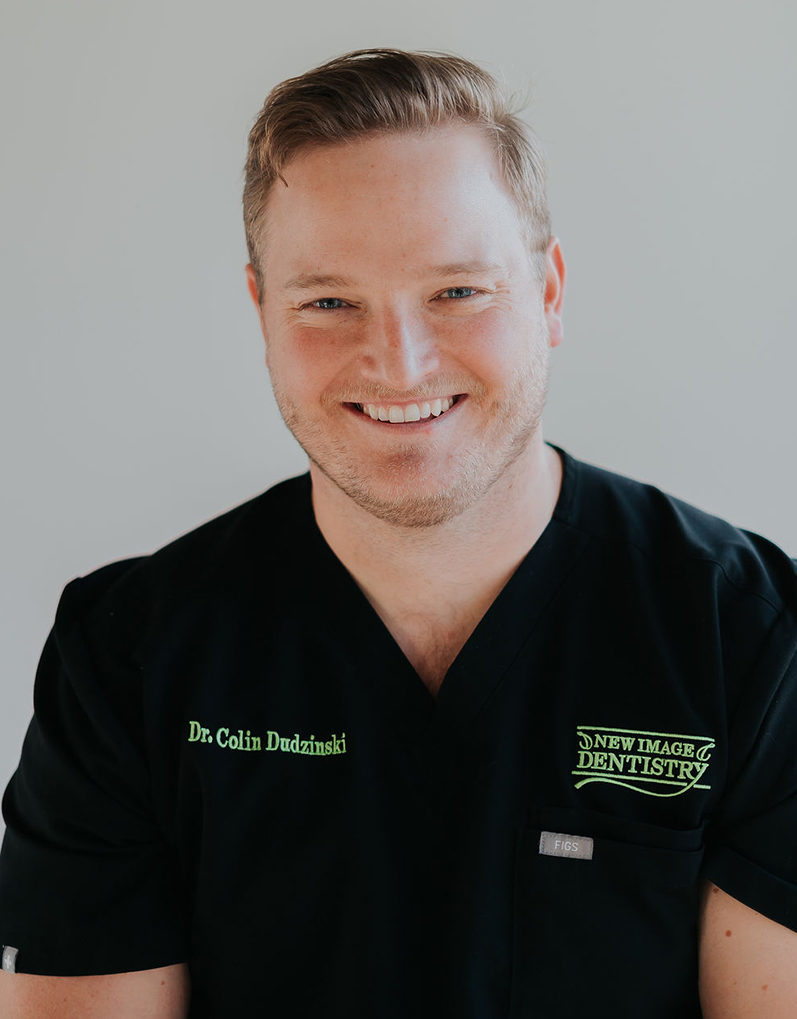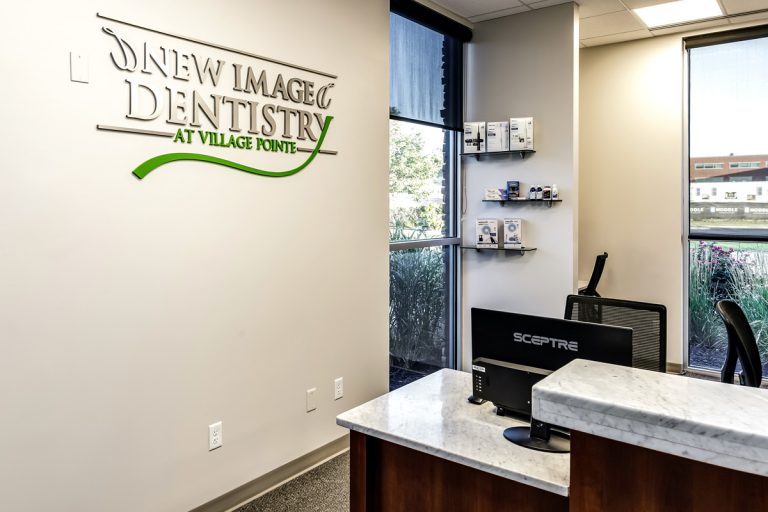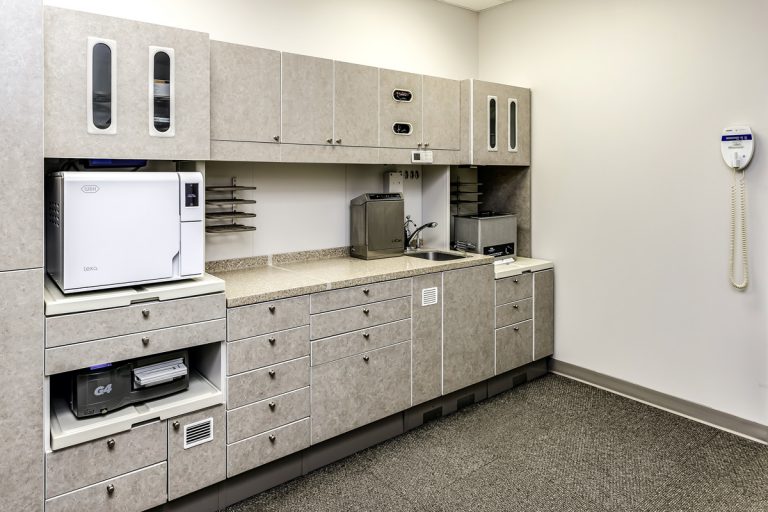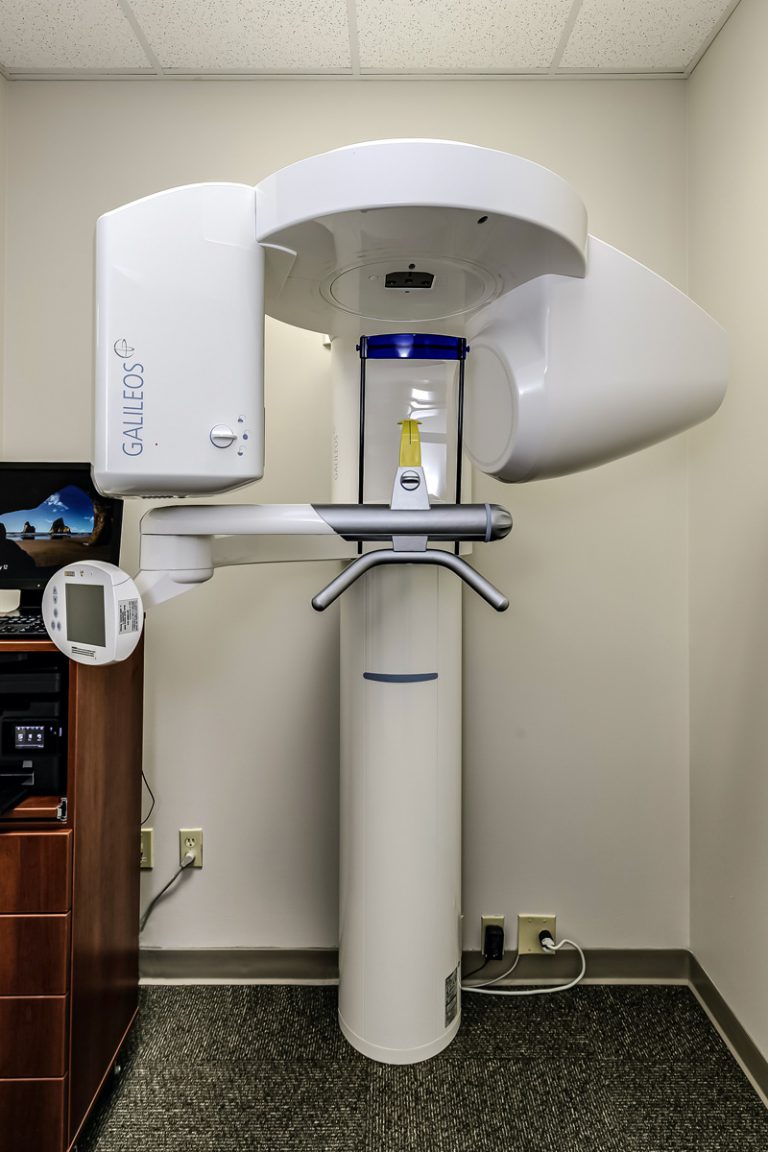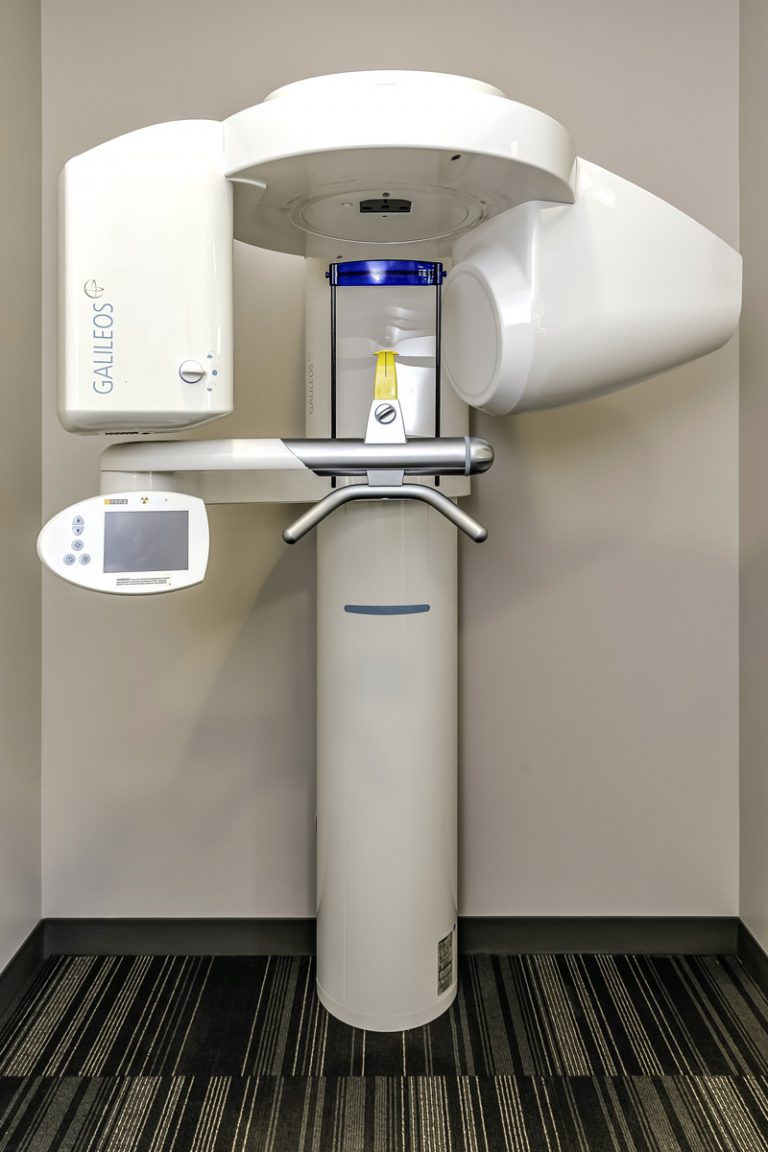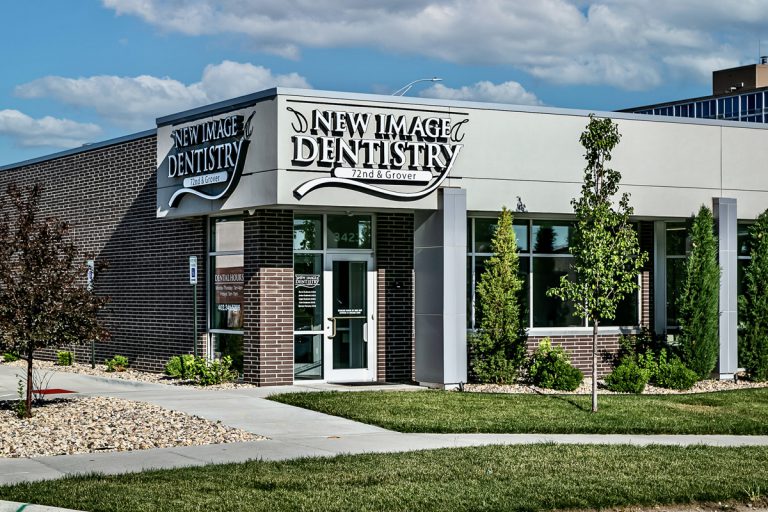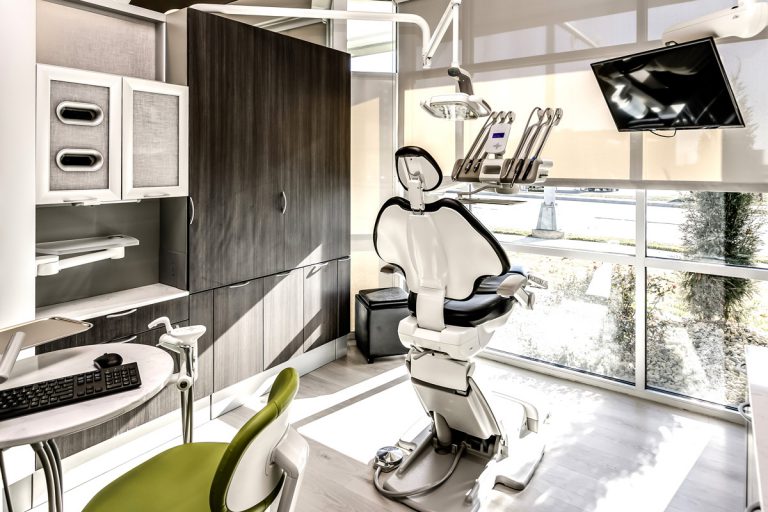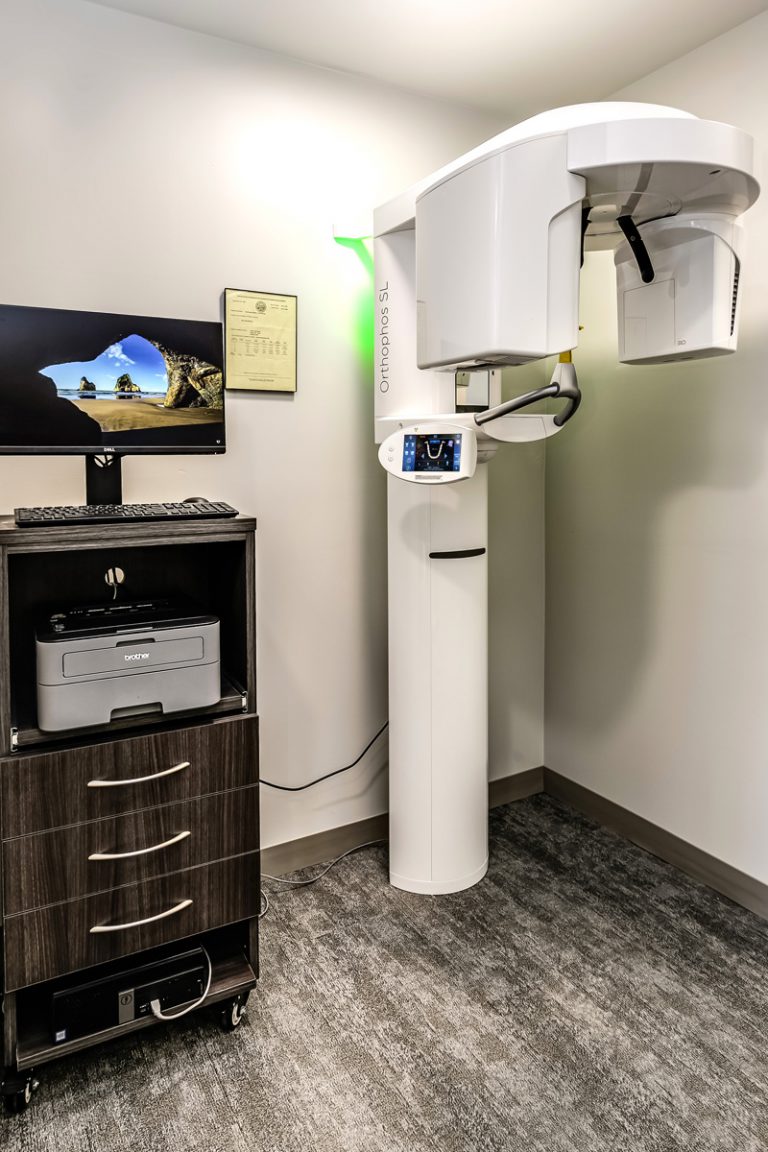To Buy Minocin No Prescription Visit Our Pharmacy ↓

The Science Behind Minocin's Acne-fighting Powers
Ensuring adequate hydration is crucial while taking Minocin, as it helps in the absorption and effectiveness of the medication. Overuse and misuse of antibiotics, including minocycline, contribute to the spread of resistance, rendering them ineffective over time. Applying Minocin effectively starts with getting your script from a reputable healthcare provider. Individuals express newfound confidence as their skin clears up, reinforcing Minocin's impact beyond mere physical symptoms. Thus, maintaining Minocin as a viable treatment option requires careful stewardship. Laser therapy provides another option, targeting vascular symptoms but often with higher costs and multiple sessions. Remember, not adhering strictly to the prescribed "Script" can exacerbate the risk of complications.
Potential Risks of Taking Minocin While Pregnant
These medications have evolved significantly since the discovery of penicillin by Alexander Fleming in 1928. This phenomenon occurs when bacteria change in response to the use of antimicrobial medicines, rendering treatments less effective and allowing infections to persist and spread. What sets Minocin apart is its anti-inflammatory effects that contribute significantly to reducing the skin redness and swelling that often accompany acne lesions, providing a multi-faceted approach in managing the condition. Such measures help maintain Minocin's role as a viable treatment option and preserve its potency, delaying the onset of resistance and safeguarding its usefulness for future generations. Therefore, it's advisable to avoid these foods around the time you take your minocin dose. Unlike other antibiotics, Minocin exhibits a unique characteristic of accumulating within bacterial cells, ensuring prolonged exposure and increased antimicrobial activity. This potent compound stands out due to its unique chemical properties, which enable it to penetrate bacterial cell walls more efficiently than some other antibiotics.
Integrating Minocin into Your Acne Treatment Regimen: Tips
Amid these worries, the directions on a prescription become crucial. Timing your meals carefully when taking Minocin is crucial for optimal absorption and effectiveness. With its powerful effects on bacterial infections, Minocin serves as a valuable tool in the medical community's arsenal against these pervasive and potentially harmful pathogens. Ultimately, the choice hinges on individual responses and medical advice. However, the downside of this broad spectrum is that it can also affect the beneficial bacteria in the body, leading to side effects such as diarrhea or yeast infections. This knowledge can pave the way for the creation of more effective antibiotics with enhanced potency and reduced risk of resistance, ultimately benefitting patient health and well-being. Let's start by exploring the pros of Minocin.
What Is Minocin and How Does It Work?
Researchers are investigating its potential as an adjuvant therapy in combination with existing cancer treatments, such as chemotherapy and radiation therapy. Healthcare providers face the delicate task of prescribing this powerful medication judiciously, preserving its effectiveness for present and future patients. The role of Minocin, an antibiotic medication, in combating MRSA is significant. Minocin, like any other medication, can have potential side effects that users should be aware of. It's crucial to follow the sig provided by your physician and not to exceed the prescribed dosage. By understanding MRSA infection, we can appreciate the importance of Minocin in fighting this resilient bacteria. When comparing Minocin to other common acne treatments, such as topical retinoids, benzoyl peroxide, or even oral contraceptives, several distinctions stand out.
Scientific Studies and Findings on Minocin's Safety
Research has revealed that Minocin possesses anti-inflammatory properties beyond its well-known antimicrobial effects. It reduces the production of inflammatory cytokines and inhibits the activation of T-cells and other immune cells in the skin that can exacerbate acne symptoms. One key aspect is the type of infection being treated. In addition to its antibacterial action, Minocin modulates the body's immune response. Furthermore, Minocin exhibits anti-inflammatory properties, mitigating the inflamed acne lesions. Numerous clinical trials have shed light on Minocin's efficacy in combating acne. One area where Minocin shows particular promise is in the field of oncology.
Understanding Mrsa Infection
On the other hand, traditional antibiotics have been widely used for several decades and have established a proven track record in treating various infections. When taking minocin, diet plays a crucial role in its effectiveness. This binding occurs because calcium interacts with minocin, hindering its ability to be fully absorbed into your system. By infiltrating the body's affected areas, it systematically disrupts the life cycle of Propionibacterium acnes, the bacteria partially responsible for inflamed breakouts. The advent of personalized medicine has beckoned a new era in acne management, with tailored treatments offering hope for those who grapple with this ubiquitous skin condition. This Rx compound can cross the placenta, potentially affecting the fetus. Unique in its approach, it targets the various factors that contribute to the condition, offering hope to millions who struggle with this skin affliction.
Understanding Minocin: What Is It and How It Works
Firstly, individuals who have a known hypersensitivity to Minocin or any tetracycline antibiotics should avoid its use. Occasionally, more severe reactions like tinnitus or blurred vision may occur, necessitating a quick visit to your "White Coat." As with all medications, "Sig" adherence is vital to minimize adverse effects. Dating back to its initial FDA approval in 1971, this medication has remained a significant player in the antibiotic realm. These immune cells play a crucial role in orchestrating the immune response and promoting inflammation. However, one downside is that Minocin often requires a longer course of treatment compared to some newer antibiotics, which can lead to increased pill burden for patients. This bespoke approach not only targets the acne more precisely but also aligns with the patient’s overall health strategy, improving adherence and satisfaction. Minocin interferes with the bacterial protein synthesis, effectively halting the growth and proliferation of the bacterial colonies.
How Minocin Tackles the Acne Invasion
These cutting-edge technologies have the potential to predict bacterial evolution, identify novel drug candidates, and optimize combination therapies that reduce the development of resistance. By taking these proactive steps, patients bolster the fight against resistance, ensuring that powerful antibiotics like Minocin remain effective for those who truly need them. Always review your "RX" with your doctor to ensure the safest route for you and your baby. Minocin also boasts anti-inflammatory properties, crucial in attenuating the redness and swelling associated with acne lesions. Without this necessary timing adjustment, the benefits of Minocin could be diminished. Minocin, a brand name for minocycline hydrochloride, operates on the front lines against acne by targeting the bacterial element of this dermatological nemesis. For allergies, loratadine might be a safer, non-drowsy option.
Tips for Maintaining Clear Skin Post-minocin Treatment
For a few, the medication did not deliver the expected results, or improvements took longer than anticipated, prompting them to seek alternatives. By dampening the inflammatory process, Minocin helps to prevent the formation of acne lesions, reduce redness, and promote faster healing of existing blemishes. Pharmacists, on their part, can reinforce this approach by counseling patients on the importance of adhering to the prescribed regimen and the potential consequences of misuse. Additionally, Minocin's impact on inflammatory diseases beyond its antimicrobial properties also holds significant potential. The future of medicine looks promising with the untapped potential of Minocin for novel treatments. Beyond treating acne and skin infections, Minocin has shown promise in combating respiratory tract infections, urinary tract infections, and even sexually transmitted diseases. This particular antibiotic works by inhibiting the growth of bacteria, making it effective for various infections.
Alternative Medications Safe for Pregnant Women
However, some patients may experience gastrointestinal discomfort or dizziness. Severe side effects such as liver damage or severe headaches should be treated with urgency; an immediate *stat* visit to the healthcare provider is crucial. Over the years, traditional antibiotics have played a crucial role in combating bacterial infections and saving countless lives. However, recent studies have shed light on its distinctive mechanism, revealing its potential as a powerful weapon against various bacterial infections. Moreover, proper dosage and duration are paramount, tailoring treatment plans to the individual yet avoiding unnecessarily prolonged courses that can encourage the evolution of resistant strains. Unlike topical treatments such as benzoyl peroxide or salicylic acid, which work on the skin's surface to reduce oil and promote skin cell turnover, Minocin operates systemically to combat the bacteria that contribute to acne. Minocin and traditional antibiotics each have their own sets of advantages and disadvantages when it comes to treating bacterial infections.


















